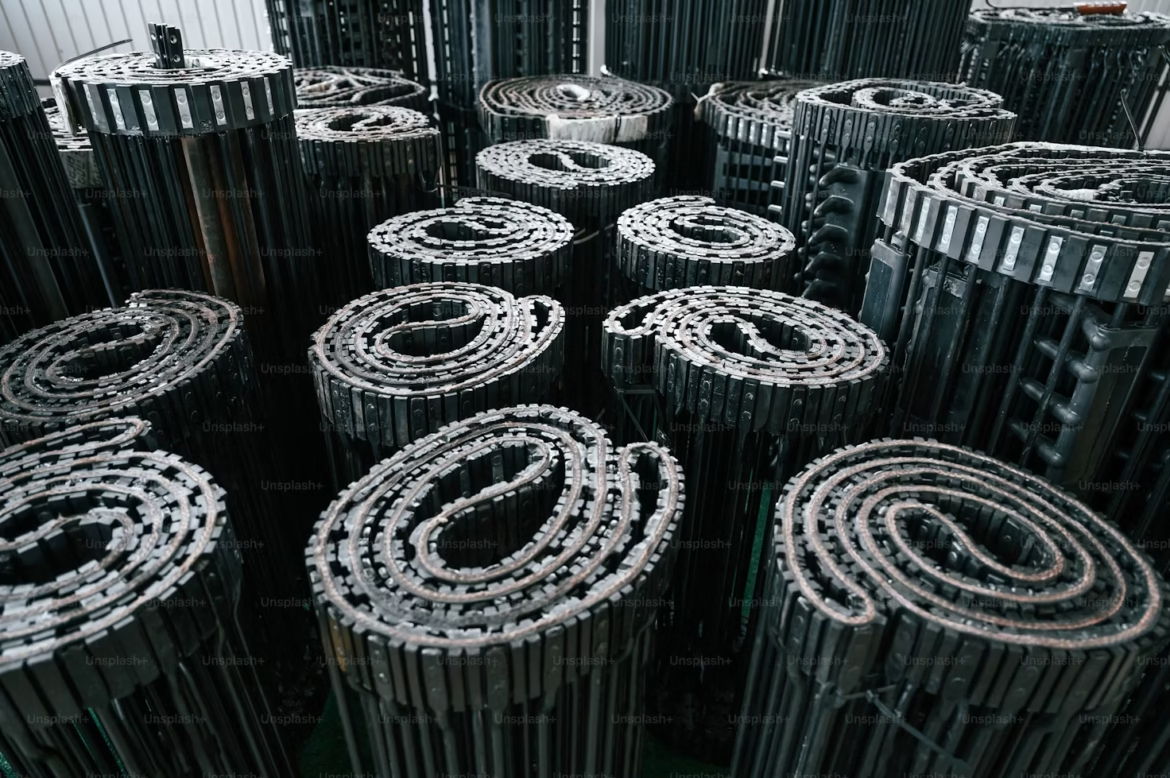In a landmark decision emphasizing national security and economic protectionism, President Joe Biden has officially blocked Nippon Steel’s $14.9 billion acquisition of U.S. Steel. The move, announced on Friday, comes amid growing opposition from labor unions and lawmakers who warned that foreign ownership of the steel giant could threaten American jobs and industrial security.
A Controversial Deal Faces Strong Opposition
The deal, first revealed in December 2023, would have made Japan-based Nippon Steel the second-largest steel producer in the world. Under the agreement, U.S. Steel would have retained its Pittsburgh headquarters and continued operating under its iconic brand name. However, concerns quickly mounted over the potential risks of allowing a foreign company to control a key American industry, particularly one that supplies materials critical to infrastructure and national defense.
Labor unions, particularly the powerful United Steelworkers (USW), led the charge against the deal. The union argued that foreign ownership could lead to job losses, the outsourcing of operations, and an overreliance on foreign-controlled supply chains. With the 2024 presidential election on the horizon, Biden’s decision to block the acquisition aligns with his administration’s ongoing efforts to champion American workers and manufacturing.
Biden’s Justification: Protecting National Security and Jobs
In a statement, the Biden administration cited national security risks and the need to safeguard domestic industries. “The steel industry is not just a pillar of our economy—it is vital to our national security,” Biden said. “We will always put American workers first and ensure our critical industries remain under American control.”
The move is consistent with the administration’s broader economic strategy, which has focused on strengthening domestic manufacturing and reducing reliance on foreign supply chains. Officials also pointed to potential defense implications, as U.S. Steel supplies essential materials for military equipment and infrastructure projects.
Nippon Steel Reacts: Disappointment and Uncertain Future in the U.S. Market
Nippon Steel responded with disappointment, stating that the acquisition would have strengthened, not weakened, U.S. Steel’s position in the market. The Japanese company had pledged to invest in U.S. Steel’s operations, retain American jobs, and enhance technological advancements in steel production.
“While we respect the U.S. government’s decision, we firmly believe that this partnership would have been mutually beneficial,” a Nippon Steel spokesperson said. The company may now need to explore alternative strategies to expand its presence in the U.S. steel market, though its next steps remain unclear.
Political and Economic Ramifications
The decision comes at a critical political moment, as Biden seeks to reinforce support among blue-collar workers in key swing states ahead of the 2024 election. The steel industry has long been a political battleground, with past administrations also taking protective measures against foreign competition.
While the move is likely to be welcomed by labor unions and domestic manufacturers, some economic analysts warn that blocking foreign investment could limit U.S. Steel’s access to much-needed capital and innovation. “This decision protects American ownership, but it also raises questions about how U.S. Steel will compete in an increasingly globalized market,” said one industry expert.
The ruling also sets a precedent for future foreign acquisitions of U.S. companies. With a growing focus on economic security, other foreign investment deals—particularly in critical industries—may face tougher scrutiny from regulators under the Biden administration.
What’s Next for U.S. Steel?
With the Nippon Steel deal off the table, U.S. Steel must now explore alternative strategies for growth. Potential paths forward include seeking new domestic investors, forming strategic partnerships, or leveraging government incentives to modernize its operations.
As the steel industry adapts to this development, all eyes will be on how U.S. Steel moves forward in an industry facing rising competition and evolving technological demands. The Biden administration’s decision is likely to shape future policies on foreign investments, industrial policy, and labor protections in the months to come.


